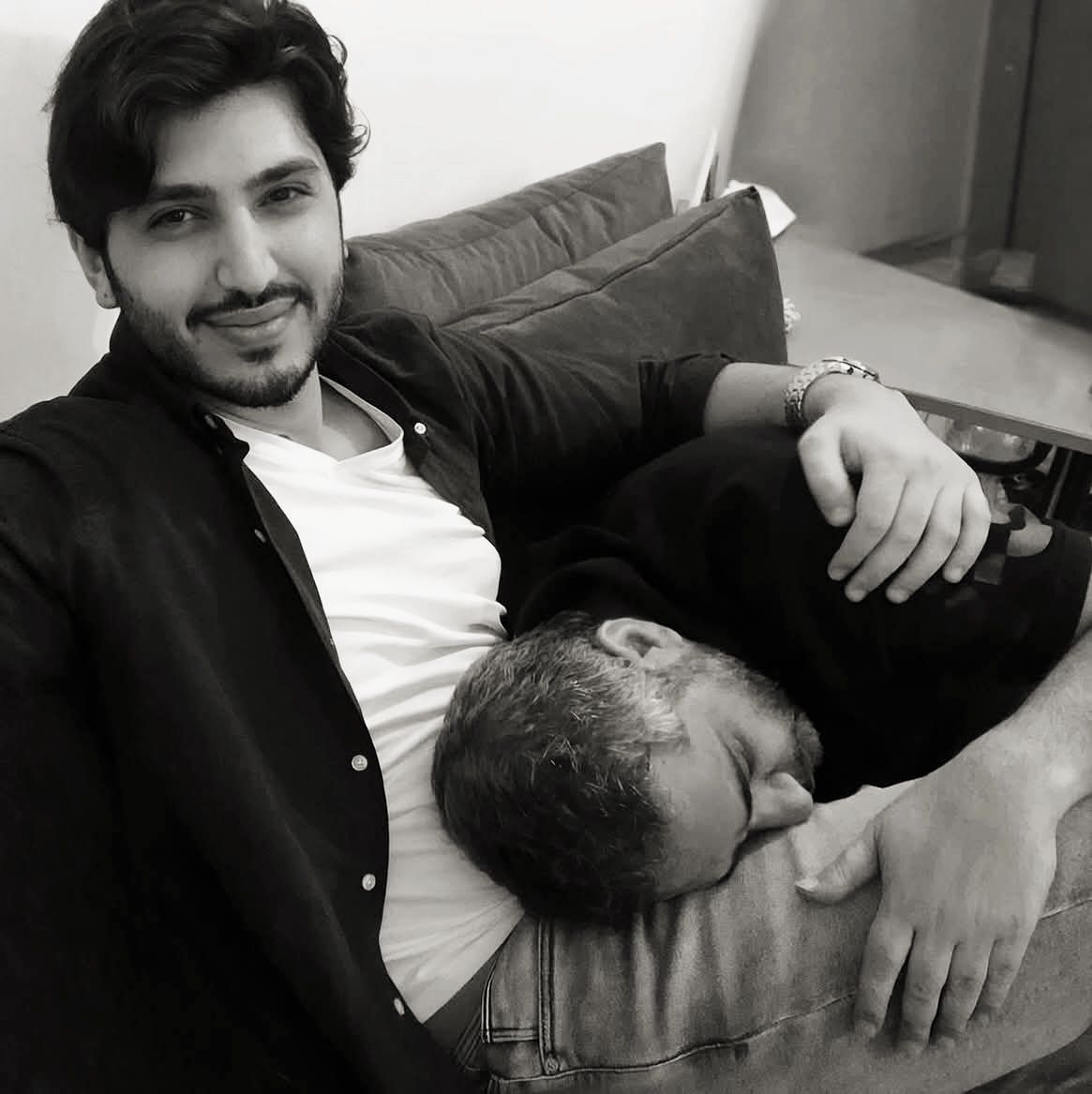After years of hiding and seclusion inside the Ain al-Hilweh refugee camp in Sidon, southern Lebanon, Lebanese artist Fadel Shakir surrendered himself to the Lebanese army yesterday evening in preparation for closing his controversial legal case.
His son Mohammad Shakir wrote on his Instagram account: "Indeed, with hardship comes ease," accompanying a photo showing Fadel Shakir sleeping on his lap, in a touching expression of support and hope for the end of his family's suffering.
Fadel Shakir, known for his warm voice and romantic songs, retired from singing in 2012 after getting close to Sheikh Ahmad al-Assir, who was a controversial figure in Lebanon.
In June 2013, the town of Abra witnessed bloody clashes between al-Assir's supporters and the Lebanese army, ending with the army's control after the deaths of 18 soldiers and 11 militants. These events cast a shadow over Shakir's life, as he remained hidden inside the Ain al-Hilweh camp for more than ten years.
The Lebanese military judiciary issued two absentia sentences against Fadel Shakir in 2020, the first being 15 years in prison with hard labor after being convicted of "interfering in terrorist activities by providing logistical services," and the second being 7 years in prison with a financial penalty for financing Ahmad al-Assir's group and providing weapons and ammunition.
Despite these charges, a source close to Fadel Shakir confirmed his confidence in the artist's innocence and his family's trust in the independence of the Lebanese judiciary, which they hope will vindicate him this time.
On the artistic front, Shakir has not distanced himself much from the audience, as he recently returned with new songs, including "How Are You on My Departure," which he performed with his son Mohammad and achieved widespread success, surpassing 113 million views on YouTube since last July.
His surrender comes as an official step to end his long-standing legal case, awaiting what developments the coming days will bring in the case of the artist who has amazed millions with his voice and whose life has sparked widespread controversy in Lebanon and the Arab world.

